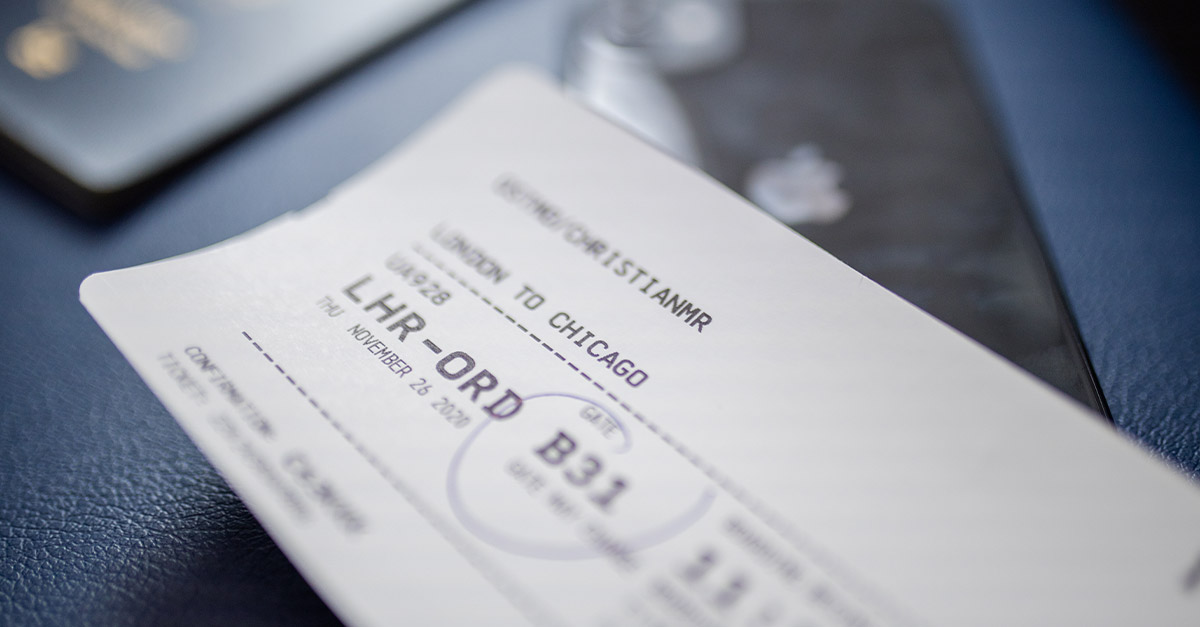Possible Increase in Air Passenger Duty in Financial Budget

Air Passenger Duty (APD) could rise above inflation in the upcoming budget. The increase aims to address the government’s £40 billion financial gap.
Chancellor Rachel Reeves plans to introduce fiscal changes that include APD hikes. These measures are expected to impact businesses and travellers alike.
Budget Expectations and APD Predictions
The potential rise in Air Passenger Duty (APD) is anticipated to surpass the current inflation rate, as speculated for the upcoming budget. Chancellor Rachel Reeves is expected to implement measures to address the £40 billion deficit in government finances. With APD being a significant source of revenue, its adjustment appears imminent. Experts, such as Deloitte UK chief economist Ian Stewart, highlight that a tax increase is unavoidable. The question remains how substantial the increments will be across various sectors. Reports suggest that the Labour government plans these hikes in APD as part of broader fiscal strategies.
Industry Reactions to APD Hike
The aviation industry has expressed concerns over the potential increase in APD, with many stakeholders highlighting the UK’s already high aviation taxes. Abta director of public affairs, Luke Petherbridge, emphasised that increasing APD would disproportionately affect travellers, especially given existing charges within the sector. There is a fear that elevated costs could suppress demand and deter international visitors. Additionally, some argue that UK travellers should not bear higher APD than their European counterparts. This sentiment is supported by Abta’s survey, which found widespread opposition to APD rates exceeding those in Europe.
Financial Implications and Government Strategy
The Office for Budget Responsibility (OBR) foresees APD generating £4.5 billion for the upcoming fiscal year, amounting to approximately 0.4% of total government tax revenue. The APD levies vary based on flight distance and class. Currently, short-haul flights up to 2,000 miles incur £13 for economy and £26 for premium class. Meanwhile, flights beyond 5,500 miles see rates rise to £92 and £202 for the same respective classes. This structuring underscores the significant financial yield from APD and its appeal as a target for revenue enhancement. Experts underscore the layering of taxes that amplify the financial burden on the aviation sector.
Potential Impact on Consumer Behaviour
Any increase in APD is likely to have direct repercussions on consumer behaviour. Higher travel costs may lead to a reduction in the frequency of flights taken by individuals, especially among budget-conscious travellers. The anticipated rise in APD is expected to add financial strain on leisure and business travel alike. The industry’s fears centre around suppressing demand, which might hinder tourism growth—a key concern amidst the UK’s economic recovery. Businesses and consumers alike are bracing for potential changes that could alter travel habits significantly. Moreover, there is an argument that increased APD could drive UK travellers to explore other European destinations, where similar taxes might be lower.
Government Measures and Industry Responses
In light of the proposed APD hike, the industry seeks clarity and intervention from government agencies. Stakeholders advocate for revisiting the tax structure to prevent undue pressure on the aviation sector and maintain competitiveness. There are calls for the government to balance fiscal objectives with industry sustainability. Public discourse continues to be dominated by how these anticipated changes will play out, with industry groups urging for dialogues with decision-makers. Additionally, comparisons are being made with the fiscal strategies employed by other governments to ensure the UK’s competitive stance. Collaboration between government and industry could potentially mitigate adverse effects.
Broader Economic Context
The proposed changes in APD form part of a larger economic recovery plan that involves adjusting several taxes, including national insurance and capital gains. These measures primarily target businesses and higher-income groups, intending to stabilise the fiscal landscape. Chancellor Reeves’ approach reflects a strategic balancing act to address fiscal shortfalls while aiming to promote economic resilience. The coming period will likely unveil the depth of these adjustments and their reception among stakeholders. Increased taxes such as APD might be a pragmatic approach to bridging financial gaps; however, they necessitate careful consideration of long-term impacts on industries reliant on tourism and travel.
Current APD Rates and Comparative Analysis
The existing APD rates are categorised by travel distance, impacting short-haul and long-haul destinations distinctly. For domestic flights, economy class passengers pay £7, while premium class fares stand at £14. Each tier carries implications for consumer choices and travel frequency. Given these rates, the UK faces scrutiny for its aviation taxes, compared to other European nations’ levies. Consumers and industry experts alike debate the fairness and economic implications of such comparatively high tariff structures. As the government considers restructuring, understanding these nuances remains crucial to fair policy development.
The anticipated APD hike is part of broader fiscal strategies aimed at stabilising the economy.
Stakeholders continue to advocate for balanced tax measures that sustain both government revenue and industry growth.
Related
Calls for over 60 free bus travel update from Department…
Calls for free bus travel for those over the age of 60 in England is gaining more attention after an increase of support. Unlike those in Wales, Scotland, and N
Major UK train station is one of the worst places…
Pickpockets are a problem across the UK, but one place is the worst for having your belongings stolen. According to the British Transport Police (BTP), just und
UK Snow Travel Chaos: Kent, East Sussex, West Sussex, Hampshire,…
UK Snow Travel Chaos: Kent, East Sussex, West Sussex, Hampshire, Wiltshire, Surrey, Berkshire, Greater London, Essex, Suffolk, Hertfordshire,
‘Only travel if necessary’ warning as UK’s busiest motorway shut…
NATIONAL Highways have issued an urgent warning to drivers as one the UK's biggest motorways shuts for the weekend. They has urged drivers to re-plan their rou











